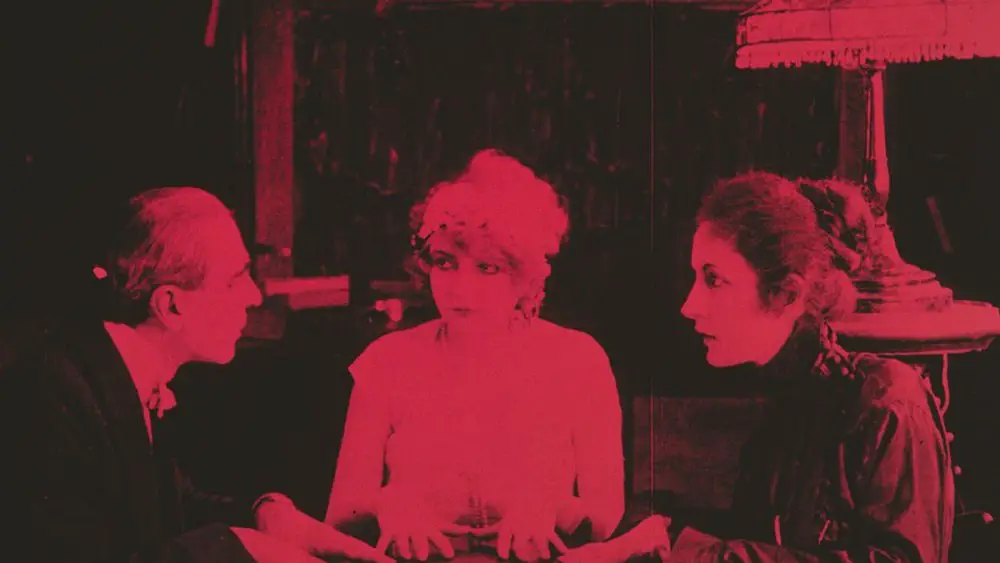The Hungarian silent film “A halál után” (A halál után), once thought lost, will be shown for the first time at the Lumière Film Festival in Lyon, thanks to a restoration effort led by the Hungarian National Film Institute (NFI).
The only surviving copy of the 1920 erotic crime thriller directed by Alfred Dischy, one of the pioneers of Hungarian cinema, has been discovered in Belgium’s Royal Film Archive. Its restoration was completed with the support of the European Union’s Creative Europe MEDIA program and in cooperation with Belgium, Hungary and France.
After Death is just one of several films on Hungary’s Most Wanted List, launched in 2021 to recover early Hungarian films. So far, about a dozen items from the list have been discovered and restored.
The oldest film on the list is “Dance” (“A Táncz”), which dates back to 1901 and is considered the first Hungarian film. This footage showcases Hungarian dancers and was part of a presentation during the tour, but the film was later split up and some of the footage may still be preserved elsewhere. It is considered.
Another recent notable film is the 1917 film “Spring in Winter,” directed by Michael Curtiz, then known as Mihai Kertész, before becoming famous for Hollywood classics such as “Casablanca.”
This film was found at the Library of Congress. “Our friend Rob Stone from the Library of Congress came to the Budapest Classics Film Marathon. [an international festival for restored films]” he said. “He showed us some Hungarian films from their collection, and there were pieces we weren’t expecting…We said, ‘Rob, Lost. I just discovered the film!’” NFI Film Archive Director György Raduri shared this story. variety On the sidelines of the Lyon International Classic Film Market (MIFC).
These rediscoveries are part of a broader effort by the NFI to track down and restore films lost during Hungary’s turbulent 20th century history, which included wars, border shifting, and the emigration of many Hungarians.
Laduri explains: “Back then, it wasn’t important to think about film preservation; film was important. [part of the] Entertainment business. “Movies were not considered culture,” he said, adding that many films were destroyed or lost because nitrate reels were flammable and expensive to store.
Since 2017, NFI has focused on the digitization and restoration of these classic works. The goal is not only to restore them for preservation, but also to make them available to more people. NFI has worked to bring these films back into circulation through cinema screenings, television broadcasts, and streaming platforms such as Hungary’s Filmio (filmio.hu).
International cooperation was essential to this project. NFI partners with U.S. distributors such as Deaf Crocodile, Arbelos, Kino Lorber, and Criterion, as well as companies in Spain, Italy, and France.
Mr. Radry emphasized the importance of NFI’s research on Hungarian influence on world cinema, noting that many influential filmmakers, such as Michael Curtiz and Alexander Korda, started their careers in Hungary. emphasized. “The role of Hungarians in world cinema is much bigger than people think,” he says.
As the search for Hungary’s lost films continues, NFI is determined to ensure these cinematic treasures return to audiences around the world.
MIFC, held in parallel with the Lumière Film Festival, closes in Lyon on October 18th.
